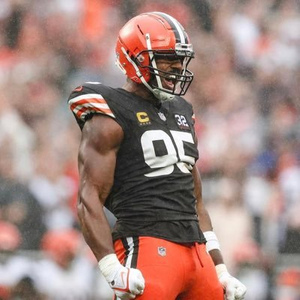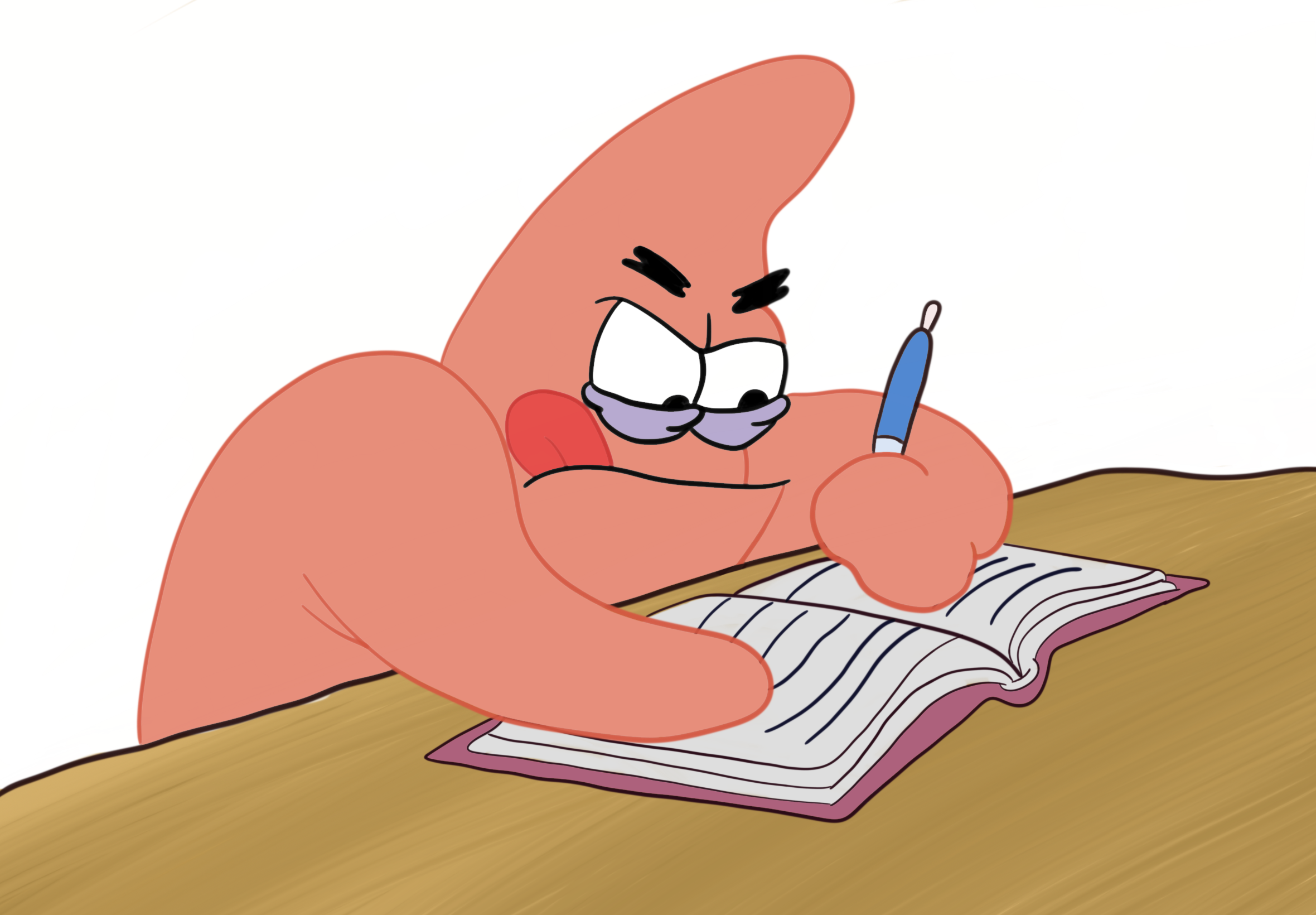@PapiPedro @rjprice1 @Ye24 @Fundamentals @Junior @RodneyBiP @kennisgoodman @Keeksmarone @Slingshot @Jjjjesse @norolemodelz
Part 1 due now. check page 2 for resources
please write your detailed impressions and thoughts by the end of the day (500 word minimum)
enjoyed Pregame a bit more than First Quarter but they were both good. Abdurraqib sometimes goes on tangents but can always surprise you with lines that hit hard
random defense of baldness lol but I liked how he tied it in with vanity, and not necessarily in a bad way, but moreso showing out
I remember how silly that Bron H2 controversy was lol
liked the message about how even tho some people's hoop dreams were considered a failure they were still legends where they grew up and that's a W in itself
He Got Game is one of my favorite movies and always resonated with me so enjoyed the breakdown. my dad didn't hoop either so I related to what he was talking about in wanting to beat your dad like Jesus did but knowing it wouldn't feel the same lol
what did y'all think?
Really enjoying this so far. Haven’t really read much non-fiction in a while so it is a nice change of pace. Also haven’t read an official Amazon copy like this before- seeing the popular highlights on the Kindle is a really cool idea.
Took me a little bit to get used to but I do like Abdurraqib’s style. So many tangents that still manage to loop back around for a solid conclusion - it's very conversational.
Found it really interesting to read about Ohio from such a different perspective than my own. I know he mentions that in Ohio, the types of people you see can completely shift within any 10 miles you go. Obviously this is very true when I compare my abnormally-white Cleveland suburb to his hometown lol. I really specifically liked reading his perspective on seeing LeBron come out of high school. I was 3 months old when he got drafted so I can really only compare to the stories that my older brother and dad have told me, but it was really cool to read an account from someone who grew up just a little farther away. Getting to hear stories about LeBron’s high school contemporaries was really interesting.
It was brief but I really liked him talking about how different having peers in high school is than in college. He wrote, “When I got to college, the idea of “classmate” was stripped down to its base form. A vague collection of people who understand the geography of a place and time, but certainly don’t understand it in the same way”. I felt the same way both when I started at college, but especially when I transferred to a school really close to home. Meeting people from all over the country and talking about things I’ve known my entire life is definitely a little jarring.
And I found his reflection over what “success” really is to be touching. These guys never made it to the league, never really achieved their dream goal. But at the end of the day, you can’t really call it a failure when 20 years later those who grew up idolizing you are still telling your story.
Really liked it and I’m excited to read more 😄
 rjprice1
rjprice1Really enjoying this so far. Haven’t really read much non-fiction in a while so it is a nice change of pace. Also haven’t read an official Amazon copy like this before- seeing the popular highlights on the Kindle is a really cool idea.
Took me a little bit to get used to but I do like Abdurraqib’s style. So many tangents that still manage to loop back around for a solid conclusion - it's very conversational.
Found it really interesting to read about Ohio from such a different perspective than my own. I know he mentions that in Ohio, the types of people you see can completely shift within any 10 miles you go. Obviously this is very true when I compare my abnormally-white Cleveland suburb to his hometown lol. I really specifically liked reading his perspective on seeing LeBron come out of high school. I was 3 months old when he got drafted so I can really only compare to the stories that my older brother and dad have told me, but it was really cool to read an account from someone who grew up just a little farther away. Getting to hear stories about LeBron’s high school contemporaries was really interesting.
It was brief but I really liked him talking about how different having peers in high school is than in college. He wrote, “When I got to college, the idea of “classmate” was stripped down to its base form. A vague collection of people who understand the geography of a place and time, but certainly don’t understand it in the same way”. I felt the same way both when I started at college, but especially when I transferred to a school really close to home. Meeting people from all over the country and talking about things I’ve known my entire life is definitely a little jarring.
And I found his reflection over what “success” really is to be touching. These guys never made it to the league, never really achieved their dream goal. But at the end of the day, you can’t really call it a failure when 20 years later those who grew up idolizing you are still telling your story.
Really liked it and I’m excited to read more 😄
nice write up bro. the rest of the book is very Ohio centric too so I'm sure you'll love it
Turning this in late so it's only worth 1/2 credit my fault @op
The author is a couple years older than me so everything is super relatable. Always interesting to see how sports at any given time can be used to encapsulate society at large very well. A few excerpts I thought were poignant:
In the fall of 1992 and early 1993, when announcers sometimes talked about their black socks and baggy uniforms and bald heads and trash talk and the music they listened to and the clothes they wore before and after games and the way they walked into arenas, with a lean and a slight dip, and isn’t it funny the lengths our enemies go to in order to say I am afraid I am being left behind, and then who will love me?
.
The problem was that, to those narrative-makers, LeBron James had skipped the line. The athlete is supposed to work for a better life but make the struggle visible. With no struggle for the comfortable viewer to revel in, there’s no pity to balance out the envy. There’s nothing left to hold up the narrative. I have sat at the feet of poets who told me that there is power in withholding. In not offering the parts of yourself that people are most eager to see. In the high school career of LeBron James, there was access to his dominance, but not always access to whatever struggles he might have been pushing through
.
America relies on making the soldier both an inspiration and an aspiration. It relies on making war and surviving war a part of the American fabric by making the aesthetics of war cool. And then makes those aesthetics available for the public to buy.
.
To flex in a place where not everyone has the means to flex is vanity, but it is not only vanity. We are all trying to stunt on someone, after all.
The parts about his lady friend got me in feels #dmg
Just finished pregame. Will finish 1st quarter by Wednesday
The Bron baldness section was killing me
Not sure if I like this guy’s writing style but the material is cool
Finding the 3rd quarter to be dragging a lot more than the previous sections. Lots of gems in hanif’s prose overall tho
I read his coverage of the timberwolves on espn and he is in his bag when writing about ball. Lowkey wish there was more of it in “theres’s always this year” but i can appreciate it as a memoir.

